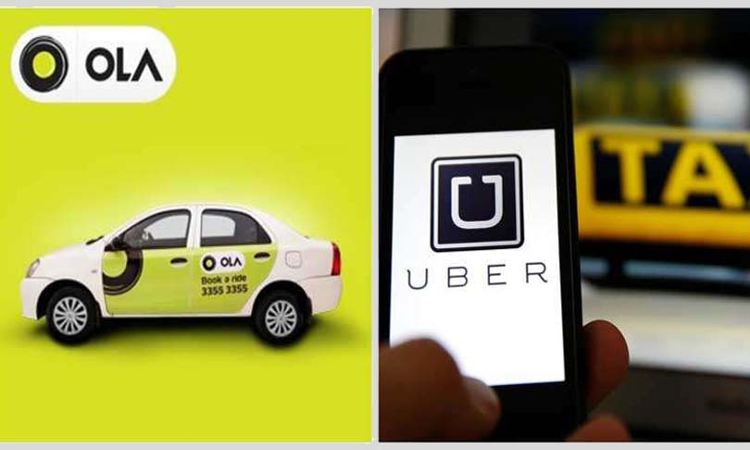Strictly Follow Motor Vehicles Aggregators Guidelines : Bombay High Court To Ola, Uber
Sharmeen Hakim
6 April 2022 9:31 AM IST

Next Story
6 April 2022 9:31 AM IST
The Bombay High Court on Tuesday asked cab aggregators, including Uber India and Ola, who were recently granted provisional licenses under the Motor Vehicles Aggregators Guidelines, 2020 framed by the Union government, to strictly follow the guidelines. The court also asked the Maharashtra government to consider customer feedback in the nature of complaints against the aggregators...
